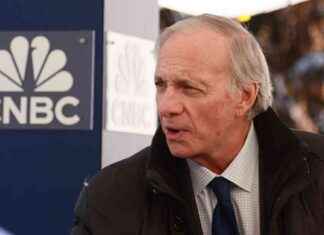The Supreme Court ruling on Monday regarding Donald Trump’s immunity for official acts as president has added a new layer of complexity to special counsel Jack Smith’s election interference case. The court’s decision stated that Trump has “presumptive immunity” for official acts but not for unofficial acts. This ruling effectively delays any possibility of the high-profile criminal case against Trump going to trial before the upcoming election.
In a 6-3 decision, the court sent the case back to U.S. District Judge Tanya Chutkan, with Chief Justice John Roberts asserting that the President is not above the law, but Congress cannot criminalize the President’s conduct while carrying out his duties under the Constitution. This means that Trump is immune from criminal prosecution for actions within his constitutional authority, such as granting pardons or removing appointed executive officers.
The majority opinion highlighted the need to safeguard the independence and functionality of the Executive Branch, stating that the president enjoys at least a presumptive immunity for acts within his official responsibilities. However, Justice Sonia Sotomayor dissented strongly, expressing concerns about the consequences of the majority’s decision on the Presidency and democracy.
Trump, who is facing a four-count indictment related to his attempts to overturn the 2020 election results, welcomed the ruling as a “BIG WIN FOR OUR CONSTITUTION AND DEMOCRACY” on Truth Social. The case against him has been on hold as he argues for immunity from prosecution for official acts performed during his presidency.
The delay caused by the Supreme Court’s intervention has pushed back the trial date, originally set for March 4, and raised concerns about the impact on the upcoming election. Critics have expressed frustration over the additional delay and the potential implications for the trial’s timing.
Overall, the Supreme Court’s ruling on Trump’s immunity for official acts has raised questions about the limits of presidential power and the implications for future cases involving sitting or former presidents. The legal battle surrounding Trump’s actions during his presidency continues to unfold, with each decision shaping the course of justice and accountability for those in positions of power.








